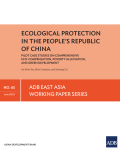
This paper provides case studies of ecological compensation in China, which encompasses a wide range of programmes for addressing conservation and environmental restoration while supporting local livelihoods.
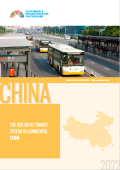
The case study details Guangzhou's successful implementation of a Bus Rapid Transit System which provides responsive, resilient and flexible service.

This report proposes five energy-mix scenarios to decarbonize Hong Kong by 2050 and evaluates their climate, economic, environmental, health and energy security
impacts.
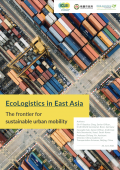
This paper presents case studies and analysis of the mobility and logistics challenges of three East Asian cities.
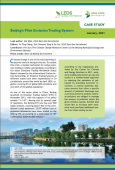
The case study summarises key points regarding the experience of the Beijing ETS, which was launched in November 2013 as one of the seven pilots in China.
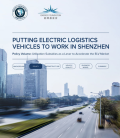
This report series—Putting Electric Logistics Vehicles to Work in Shenzhen—provides a reference point and a goal post for governments looking to reduce the health and climate impacts of freight transport in their communities. It takes a deep dive into how Shenzhen, a metropolis in Southern China, has electrified logistics vehicles and where it can make changes to accelerate that transition.
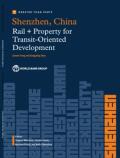
The main objective of this report is to understand how a variety of developing and emerging economies are successfully utilizing horizontal integration—across multiple infrastructure sectors and systems—at the metropolitan scale to deliver greater sustainability. This report explores how integrated planning processes extending well beyond city boundaries have been financed and implemented in a diverse group of metropolitan areas.
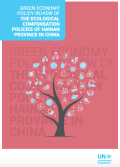
In order to help countries to review and assess the coherence and effectiveness of existing policies in fostering Inclusive Green Economy transitions to achieve the SDGs, UNEP developed a green economy policy review methodology. This summary showcases the results of a longer study that used the methodology to review Ecological Compensation Policies of Hainan Province in China.
This case study explores how public-private partnerships can help make clean technologies for turning waste into energy accessible to cities.
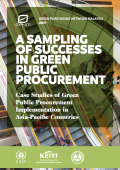
This is a compendium featuring six successful examples of green public procurement implementation in four different Asia-Pacific countries - Thailand, Japan, China, and Korea.
